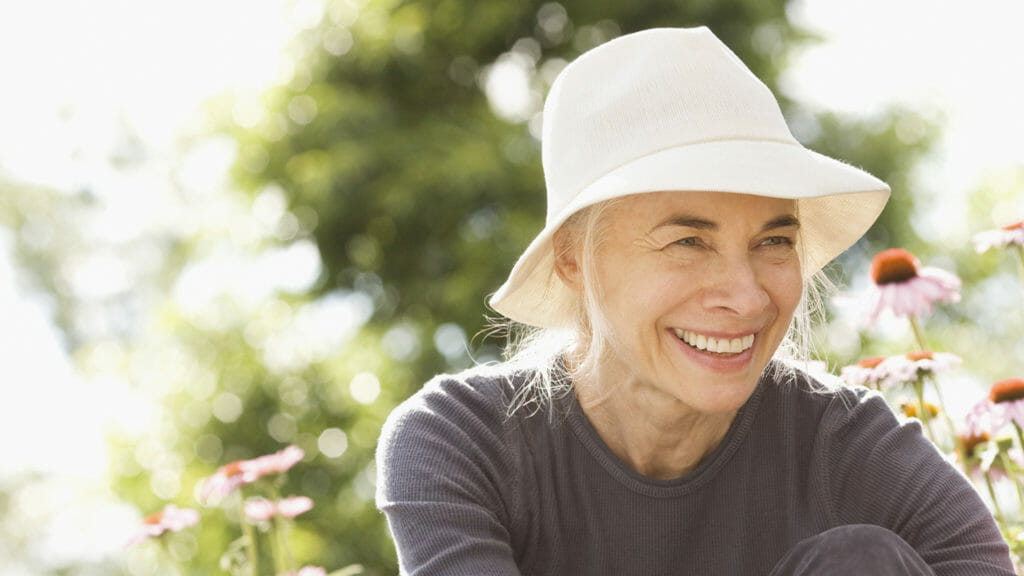

The COVID-19 pandemic highlighted the importance of socialization among older adults, but a new Mather Institute research brief provides a “fresh perspective on solitude.” The brief emphasizes that alone time also can be a meaningful and rewarding experience for some senior living residents.
Mather researchers, in collaboration with Middlebury College and University of California-Santa Cruz, explored the motivations for solitude and well-being among senior living residents in a recently released research brief. They also offered insights into how communities might adjust their offerings to support those residents who desire solitude.
A survey of 397 residents at seven senior living communities in July and August 2021 measured motivations for solitude, such as life satisfaction, autonomy, personal growth, purpose, psychologically rich life, loneliness, companionship and involvement in activities.
“It may seem counterintuitive to examine solitude within senior living, because residents in this type of housing are surrounded by social life and community activities,” the researchers wrote. “However, residents differ regarding how much time they prefer to spend by themselves and with others, and it’s important for communities to recognize what is important to both the social seekers and solitude seekers.”
According to survey results, senior living residents said that solitude provided time for reflection, restoration or personal interests. Some also chose solitude to avoid social discomfort and feelings of exclusion.
The analysis found four motivational profiles for solitude among residents: social seekers (46% of respondents) preferred spending time with others, solitude seekers (35%) preferred spending time alone, ambivalent loners (13%) chose to be alone for both enjoyment and to avoid social discomfort, and social avoiders (6%) sought time alone due to social anxiety or discomfort.
Overall, the researchers wrote, the solitude seekers and social seekers experienced greater well-being than social avoiders and ambivalent loners. Solitude seekers also reported significantly higher levels of personal growth and psychological richness compared to social seekers.
The findings indicate that the motivation underlying the desire to seek solitude is a key determinant of whether solitude is beneficial, report authors wrote.
“Positive motivations for solitude are unlikely to pose risks for older adults, and are associated with levels of well being comparable to people who prefer greater levels of social interaction,” researchers wrote.
Researchers laid out a series of recommendations to support well-being among residents who prefer spending more time alone, including asking preferences related to social engagements, creating an inclusive and welcoming atmosphere and offering solo options for solo dining.
The recommendations also included supporting lifelong involvement in areas of interest, making spaces and activities accessible, providing resources to address social discomfort, and establishing space to pursue individual interests.


